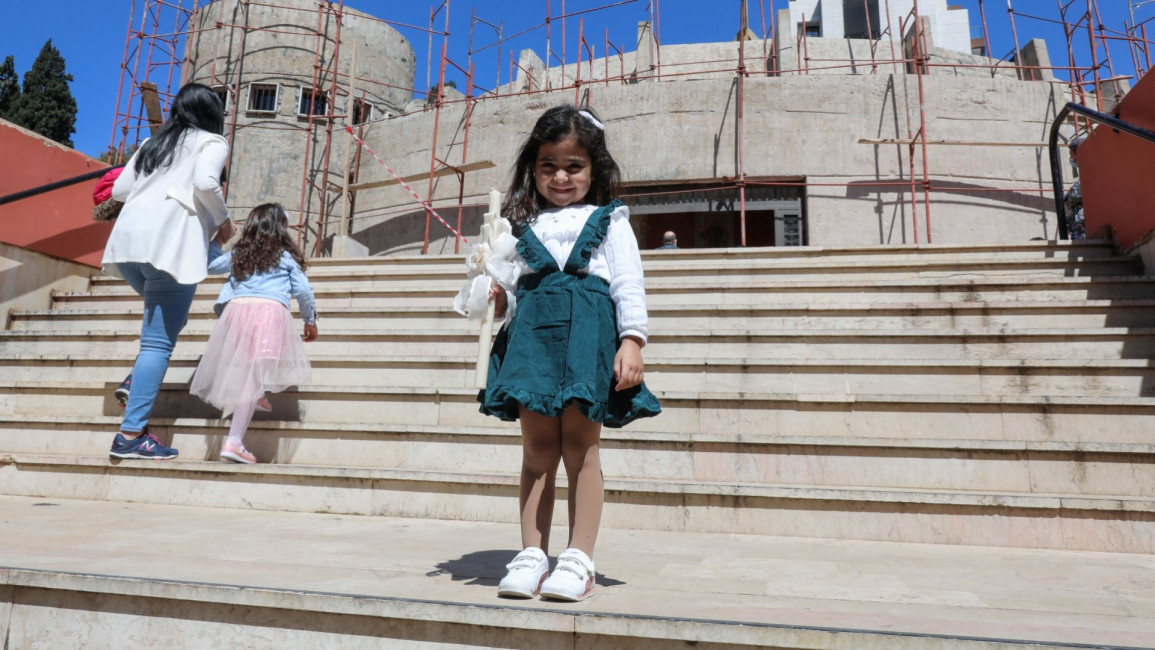Lebanon’s years-long school shutdown increases risk of ‘child labour, child marriage’
School closures have hit more than 1.2 million Lebanese children due to disruption caused by coronavirus and the wave of mass protests that began in October 2019, according to the charity Save the Children.
In a report released Thursday, the charity says this puts young people at a heightened risk of serious abuses, such as child labour and underage marriage, especially given current financial pressures.
A series of interrelated crises are plaguing the nation and have decimated its economy: from August’s Beirut explosion to its politicians’ failure to form a government.
Since coronavirus restrictions were implemented last year, distance learning provision has been provided only on a limited basis, and refugee children in particular have been affected.
They often only have access to informal education.
Save the Children’s 2019 and 2020 estimates showed that the amount of time children spent in school had decreased by more than half compared to previous years.
|
An eleven-year-old called “Adam” in Save the Children's report had to share a smartphone with his two sisters to gain access to education, or failing that, make use of a neighbour’s internet access.
“When they send us the lessons, I don’t understand very well.
“If we go back to school, it will be better.
“But I’m scared of going back to school because what if one of my friends is infected [with coronavirus]?” he said.
As the Lebanese economic crisis has exacerbated, more and more families are unable to meet the cost of online education.
The situation for Palestinian and Syrian children living in Lebanon is exacerbated by disproportionately severe economic woes.
Where limits on device availability exist, girls find their access most restricted, adding a gendered dimension to the problem.
Read more: Lebanon excludes refugees from coronavirus response at its own peril
Research by the World Food Programme and the United Nations Economic and Social Commission for Western Asia (UNESCWA) suggests that while 55% of Lebanese citizens are impoverished, the numbers rise to 70% for Palestinians and 90% for Syrians living in Lebanon
Jennifer Moorehead, Save the Children’s Lebanon Country Director, worries that “education for thousands of children in Lebanon is hanging by a thread.”
She says that family finances and the fact many children have already missed so much education means “a large number of [them] may never get back into a classroom.”
Save the Children has called on the Lebanese government to reopen schools as soon as this is safe, adding that education must be accessible to all, irrespective of circumstances or gender.
Follow us on Facebook, Twitter and Instagram to stay connected



